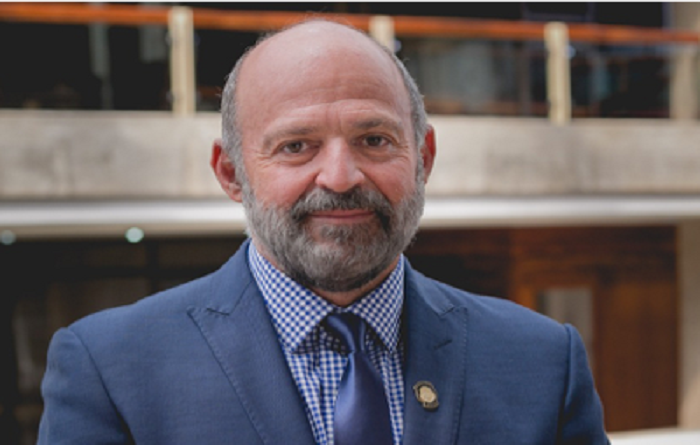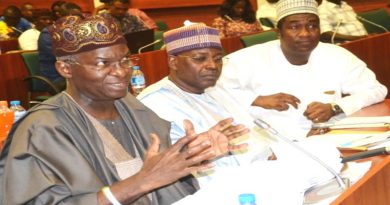GEF chief promises continuous support to Minamata Convention, Parties at COP4
The Chief Executive Officer and Chairperson of the Global Environment Facility (GCF) Carlos Manuel Rodriguez, has promised that the organization will continue to support the Minamata Convention on mercury and the Parties to the Convention to be able to really focus on those areas that can give leverage in terms of scale. Rodriguez stated this during a side event at the ongoing online segment of the fourth Conference of Parties to the Minamata Convention on mercury.
The Secretariat of the Minamata Convention hosted the side event with financial support from France and Switzerland to highlight how parties to the Convention are accessing the capacity building and technical assistance support available through the GEF and the Specific International Programme (SIP); party needs going forward into the next biennium; and how implementation issues, such as those indicated in national reporting, can be effectively addressed through the financial mechanism.
Rodriguez stated that “the impact of chemicals in nature, in biodiversity and climate change, is extremely high, so this is a good moment for all of us to really work in more integrated ways and manners. So I look forward to continue supporting the Minamata Convention and the Parties: we need to, once more, be able to really focus on those areas that can give us leverage in terms of scale”. Drawing from his personal experience heading the Ministry of Environment, Energy and Mines of Costa Rica, he pointed out the need to focus at the country level on assessing the needs of the Convention to understand the financial gaps: “With that information we can be very strategic in supporting countries in many different ways”. He said that the upcoming replenishment of the GEF will look for “higher integration to give us higher impact”.
Monika Stankiewicz, Executive Secretary of the Minamata Convention on Mercury underlined that “the creativity of our response mechanism must match the urgent needs of the Convention, from regulating mercury supply and trade to tackling emissions and releases, and being responsive to the needs of the Parties when they express themselves. At the same time, we need to do more to ensure that the positive results and quantifiable reductions achieved by these investments are more widely known”. A panel discussion brought together perspectives from parties, regional centres, and donors who were asked to reflect on their experiences with the financial mechanism, opportunities for leveraging larger investments, and the needs going forward into GEF-8, GEF-9 and future rounds of the Specific International Programme.
The panelists provided advice for those parties seeking support from the GEF, the SIP and related programmes, and noted the importance of finding synergies between national policies and the individual projects. The discussion was moderated by Mr. Reginald Hernaus of the Netherlands, currently serving as co-chair of the Governing Board of the Specific International Programme. Taking into consideration that the mercury crisis is a global problem which therefore needs a global solution, the interventions highlighted topics such as the need for parties to make their needs clear and work towards the convergence of science and investments in building back better; fostering inclusive responses and more integrated investment; a call for developed countries to continue supporting developing countries as a way to support themselves and the global community at large; the importance of developing and internalising new regulations to deal with mercury as a key part of the sustainability strategy; and, overall, how actions on mercury must become part of the solutions and contributions to a healthy people, healthy planet effort.




